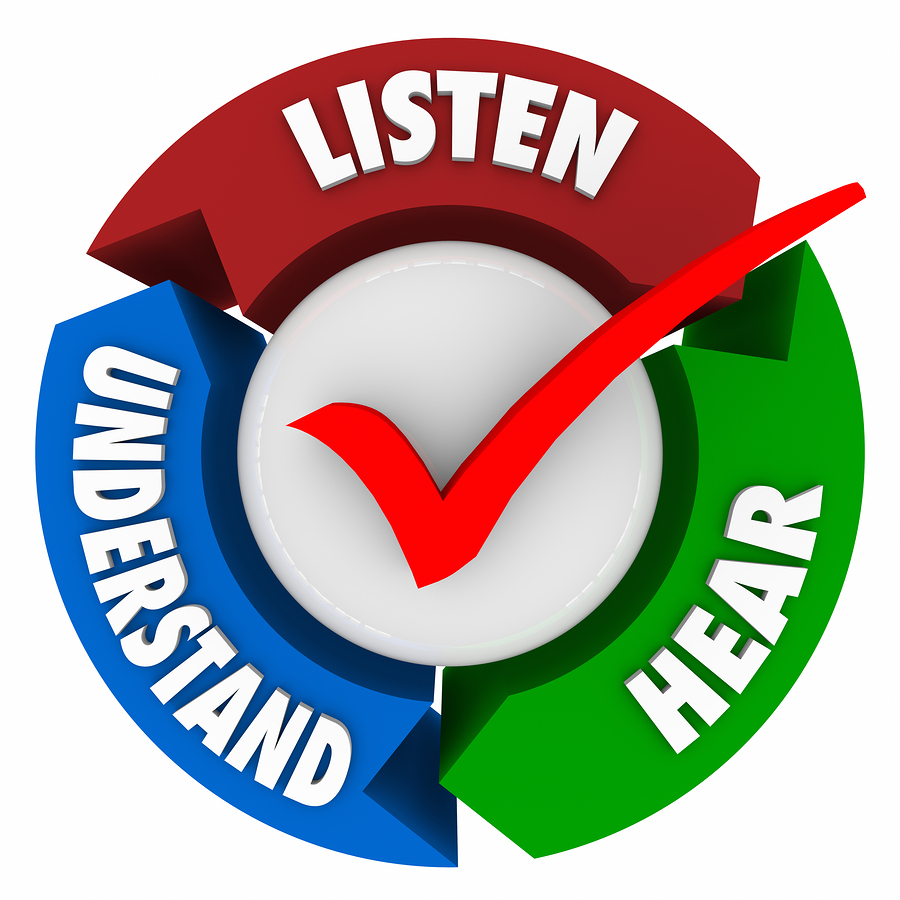Welcome to part 2 of our sneak peek posts into Doctor Hammond’s soon to be titled book on raising emotionally healthy children. This week we’re talking about the right way to listen to children.
Communication is a two way street of talking and listening. We need to listen to what our children have to say in order to help teach them, guide them, heal them and more. We know there is a wrong way and a right way to do most things, and the same is true for how to listen.
Here’s the wrong way to listen to your kids:
– You begin lecturing before allowing them to come to a conclusion of their own
– You are visibly judging them as they talk
– You continue to interrupt them (i.e. asking questions before they finish, telling them how you feel before they can say how they feel, stopping them to take a call, etc…)
– You aren’t actually listening at all. You’re distracted by your phone, the television, the computer, and everything but what they are saying.
Can you see how it would be difficult to talk to you when these things are happening?
Now, here’s the right way to listen:
– You ask a question and allow them to answer completely before you ask a follow up question.
– You let them say their piece without judging them at all. You are not acting visibly annoyed, concerned or even proud. You simply are allowing them to say everything they are thinking.
– You are completely attentive. Your phone is on silent, the television is off (no, not muted), you are not at your computer and you are 100% there with them, actively listening.
– You are asking how they are feeling about the topic at hand and allowing a full response.
Do you see the difference here? In the wrong way scenario you are telling your kids that you don’t care what they think and that they should just do everything you say regardless of their feelings. In the second scenario you are making it clear that you genuinely want to know how they are feeling and what they are thinking. Even if they disagree with your train of thought, you are allowing them to get everything in their mind and heart out in the open which paves the way for unbiased discussion. Put yourself in their shoes, which listener would you prefer to talk to?
Stay tuned for more updates weekly on Doctor Hammond’s book. Next time we’ll be discussing why you need to advocate for your kids in school. As we mentioned last week, we invite you to chime in with a comment below about our updates and sneak peaks! We’d love your feedback!

